
With days filled with work, chores, bills, socializing, taking care of family, and whatever else your schedule may call for — sometimes it can be difficult to push it all away at night and drift off to sleep. For this reason, I wanted to find out what sleep experts recommend doing in the moments your mind’s racing with thoughts before bed.
Dr. Mary Ellen Wells, program director of the Neurodiagnostics and Sleep Science program at UNC Health, and Zeke Medina, a clinical pharmacist and sleep consultant at Live Love Sleep, gave me their top methods and advice to help clear your head and catch some Zzz’s.
When Your Mind’s Racing in Bed
“A racing mind often includes things like high stress and/or high levels of anxiety,” says Medina. “If this is the case, things can feel pretty crazy when your mind is all over the place and you are trying to go to bed.”
If you find yourself wrestling with a racing mind, try out the activities below.
Journal or Write a To-Do List
Medina says journaling or putting your priorities down on paper can be extremely beneficial. “Think to yourself, what is important enough for tomorrow and write yourself a list of priorities,” he says. “If it isn’t important enough to write it when you are journaling, then it should not be important enough to think about.”
Practice Deep Breathing Exercises
Deep breathing exercises are a great way lower stimulation from stressors and anxiety, says Medina. Try out the following 4/7/8 technique:
- Inhale through the nose for four seconds
- Hold your breath for seven seconds
- Exhale through your mouth for eight seconds
- Repeat until you start yawning
Try Yoga or Meditation
Google “bedtime yoga” to find different stretches and poses you can utilize in the moment of a racing mind. Medina suggests printing the poses out so you’re not looking at your phone and can maintain a clear mind.
“While doing light yoga, focus on the stretch and inhaling deeply through your nose and out through the mouth,” says Medina.
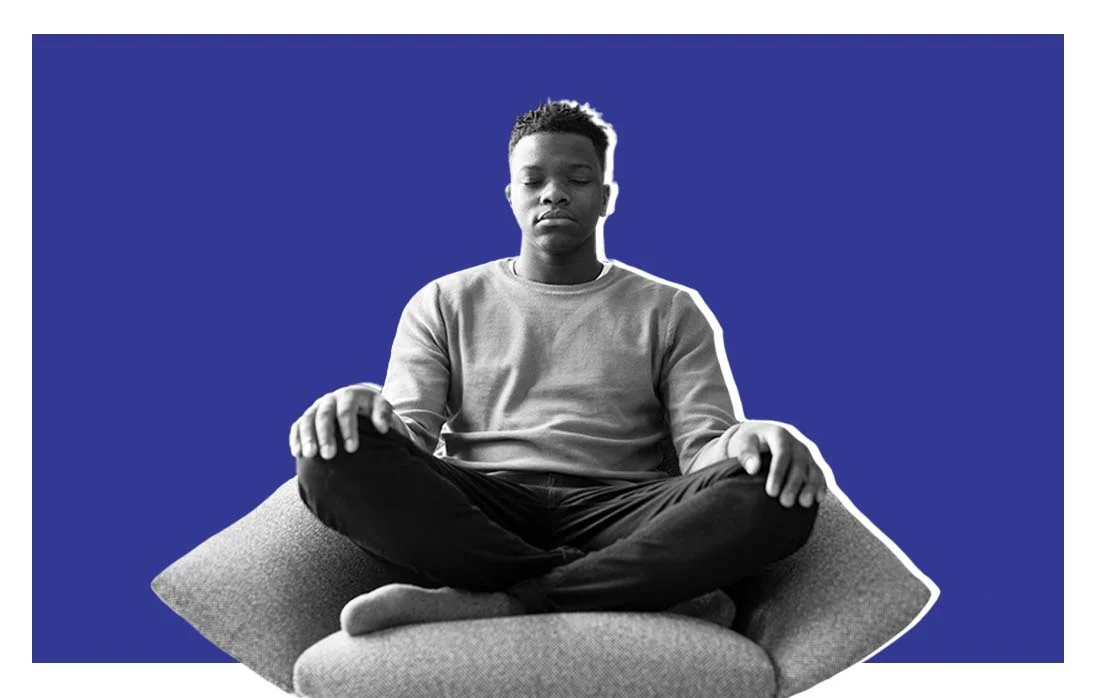
Get Up
If you’re still struggling to fall asleep, both Medina and Dr. Wells suggest getting up. It’s common for people to find themselves in this situation.
“That’s something that affects many, many people,” says Dr. Wells. “What’s important for that is if you’re lying there and tossing and turning and can’t get to sleep, and it’s been 15, 20 minutes, go ahead and get up, and do something monotonous.”
She suggests getting up, keeping the lights dim, and finding something to do that’s — for lack of a better word — boring. Some of her go-to ideas?
- Read
- Meditate
- Build a puzzle
- Knit
Medina also suggests:
- Adult coloring books
- Crossword puzzles
- Organizing your spice rack
He says, “We should only do two things in bed, sleep and romance. Anything else should be kicked out.”
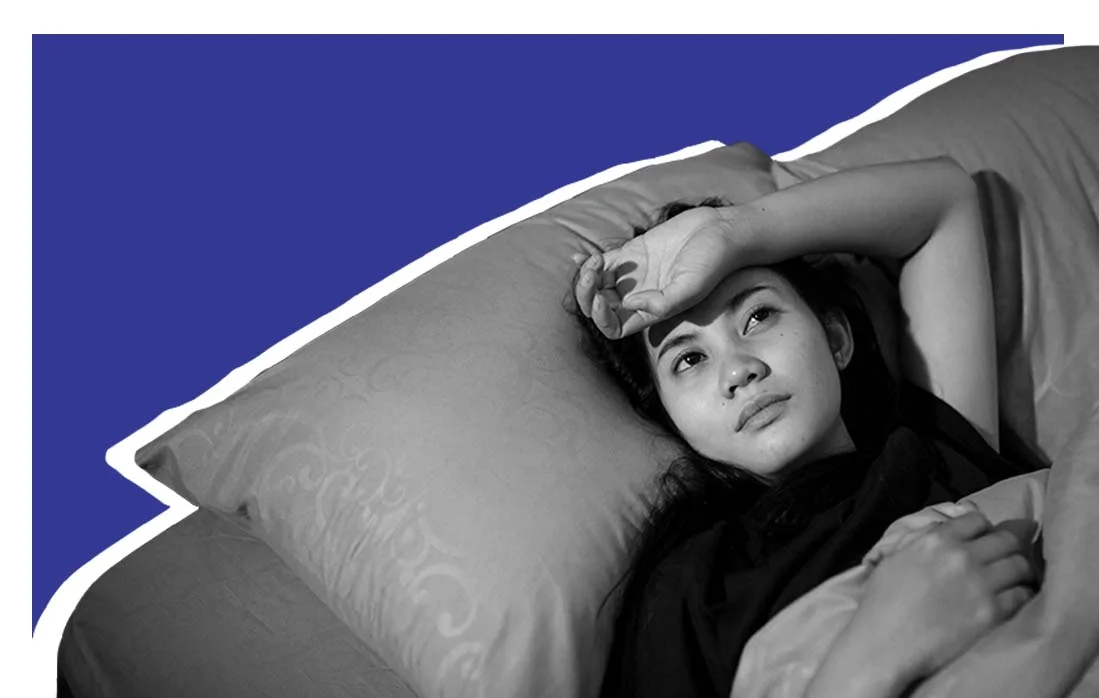
Dr. Wells adds you don’t want to associate your bed with keeping you awake, so it’s best to preoccupy your time somewhere else. However, you want to be careful of kicking your brain into high gear, so it’s important to avoid activities that will do that, such as cleaning or checking your emails.
Once you land on an activity that works for you, you should soon find yourself sleepy again. But if you’re finding this nightly struggle to be a recurring theme, then Dr. Wells says it’s time to look at the bigger picture of your daily routine and your bedroom.
Control Your Bedroom Environment
Perhaps the easiest place to start is by looking around the area where you sleep.
“The first thing is the bedroom,” says Dr. Wells. “You really want to make sure that your bedroom is your sanctuary, that’s your sleep sanctuary.”
And how do you make it your sleep sanctuary? By making sure it’s:
- Cool
- Dark
- Quiet
- Comfortable for your needs
Experts widely recommend sleeping with the temperature somewhere between 60 and 70 degrees fahrenheit to have maximum comfort, but a theme you’ll notice in this guide is everyone’s different, so you need to find the right temperature for you.
“Everyone is different and sleep comes in many flavors for every person,” says Dr. Wells.
As for darkness, you can achieve that by making sure the lights are out and curtains are pulled shut. Blackout curtains can especially do the trick. Turn off anything that could be making noise in your room and invest in noise-canceling headphones if needed.
Your bedroom comfort doesn’t stop there, though. “It’s really just getting those distractions out of the room,” says Dr. Wells. “It could be as simple as turning the alarm clock around, so you don’t see the numbers.”
She also recommends keeping media out of your room at night — as in your smartphone (I know, I’m sorry), laptop, or TV.
“Really setting limits on things like that is very, very helpful if you’re having trouble,” she says.

What Healthy Sleep Looks Like
How do you know if you need to make any adjustments to your life for better sleep? Dr. Wells says it comes down to how you feel during the day along with a few other factors.
You should be regularly:
- Falling asleep within 10 to 15 minutes of going to bed
- Waking up refreshed without needing an alarm clock
- Not feeling the need for coffee/caffeine to get your day going
You should not be regularly:
- Struggling to get out of bed
- Always relying on an alarm clock
- Groggy/drowsy throughout the day
If the “should not” items are more familiar to you than the “shoulds,” then it’s probably time to make some changes.
Keep a Schedule
In order to get consistent, quality sleep, it’s recommended to go to bed and wake up at the same time every day. This is crucial to put your body on a healthy sleep schedule.
“We need consistency,” says Medina. “If you are going to bed too late, you could be triggering a stress response that could cause cortisol to be released and cause your body to stay alert longer — thus causing a racing mind. Your body needs a consistent bedtime and wake up time to set its circadian rhythm and feel safe.”
Every individual and age group will need a different amount of sleep to achieve optimal health, but the CDC suggests the following amount of hours of sleep per 24 hours for each age group:
- 0-3 months: 14 to 17 hours
- 4-12 months: 12 to 16 hours
- 1-2 years: 11 to 14 hours
- 3-5 years: 10 to 13 hours
- 6-12 years: 9 to 12 hours
- 13-18 years: 8 to 10 hours
- 18-60 years: 7+ hours
- 61-64 years: 7 to 9 hours
- 65 years & older: 7 to 8 hours
Again, you may find you personally need more or less to feel energized and productive during the day.
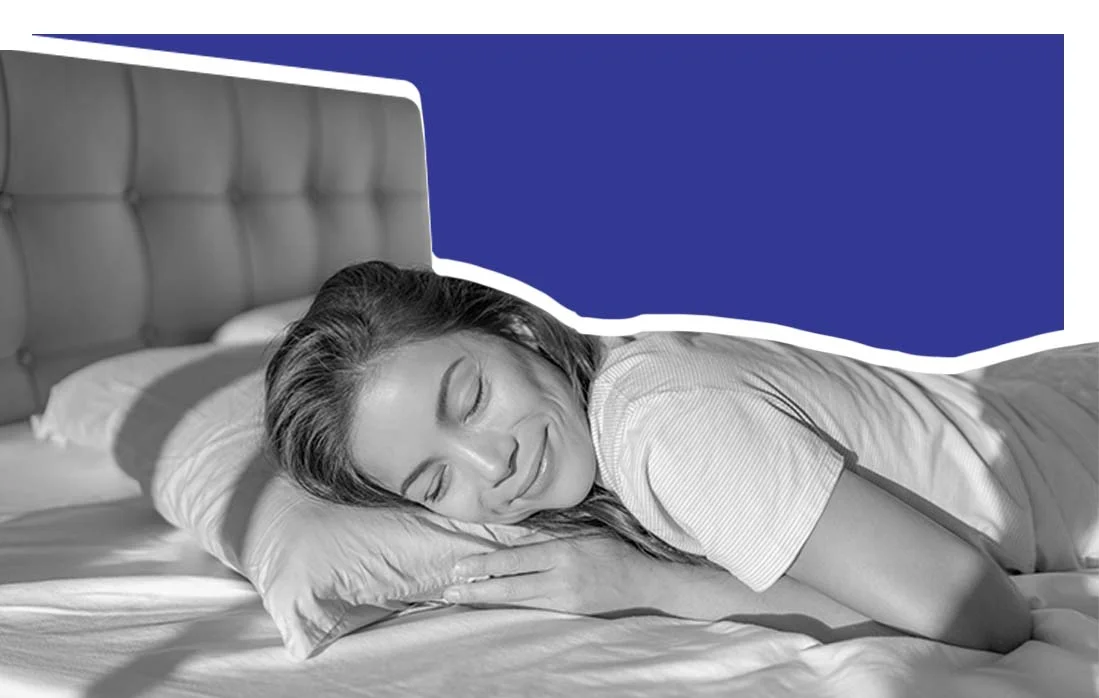
Get Some Sunshine & Limit the Coffee
If your bedroom atmosphere and sleep schedule are up to your liking, then it’s time to take inventory of your day-to-day activities. “What we do during the day and what we do during the night affects our sleep,” says Dr. Wells. She says one of the best ways to start your day is by spending 15 minutes or longer outside. The sunlight will help tell your brain it’s time to be awake and it’s not time to release melatonin.
“Getting that morning sunshine can really do a boost for your sleep at night and also a boost for your mood,” says Dr. Wells.
After you’ve spent your morning outside having coffee, waiting for your kids’ bus, catching up on the news, or maybe just admiring nature — then it’s time to focus on your caffeine intake for the rest of the day. Dr. Wells says it’s best to not have caffeine after you eat lunch.
“Caffeine can stay in your system a lot longer than you realize and just one cup of coffee for some people can actually disrupt their sleep at night,” she says.
Find Time to Decompress & Get Your Steps
Medina says it’s essential to find time to relax and focus on yourself at some point during the day. He suggests going for a walk, spending time in nature, or doing deep breathing exercises.
“This will help set a great parasympathetic tone,” says Medina. “This is responsible for turning off the stress response.”
He also suggests moving your body when you can.
“A lot of times we get comfortable with sitting for long periods of time and forget that our body will stress when it stays in a sedentary position longer than five hours,” says Medina. “Strive for 10,000 steps per day if possible.”
Evening Routine: Ditch the Spices & Booze
Now that you’ve ditched your coffee after your midday sandwich and found time to exercise and decompress, it’s time to think about the rest of your day. Dr. Wells says a trick that helps a lot of people sleep better is avoiding heavy or spicy meals close to bedtime, as that can give you indigestion or other issues that will wake you.
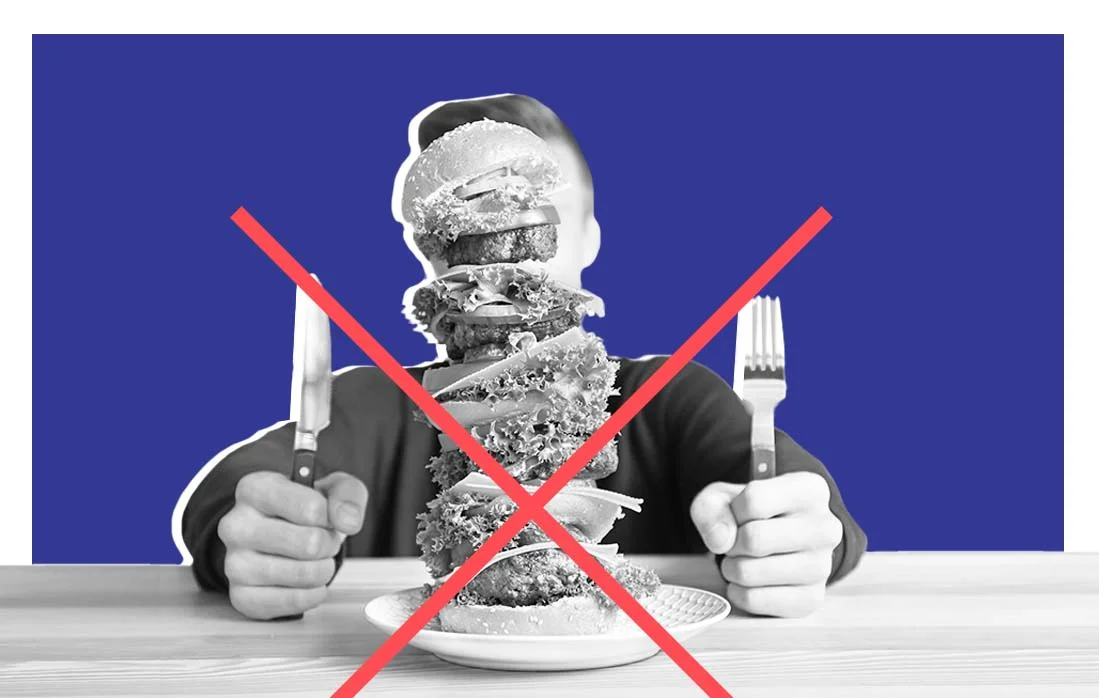
“And that’s not for everybody,” she says. “I eat hot, spicy [food] all day long and it doesn’t matter. Everybody’s different. Some people are going to have issues with acid reflux, some people are going to have indigestion issues, and some aren’t. So a lot of these tips, some may not be for every person. Some people process caffeine differently than others and so those are things we just have to look at.”
One beverage she’s confident keeps many people awake at night, though: Alcohol.
“A lot of people think their nightly drink can help them go to bed and unfortunately, it may help you get to sleep quicker, but it’s then going to kick in and do the opposite and wake you up during the night,” says Dr. Wells. “You may not realize it, but it’s waking you up multiple times during the night and disrupting your sleep architecture, so something that seems really good right in the beginning is going to keep you up later.”
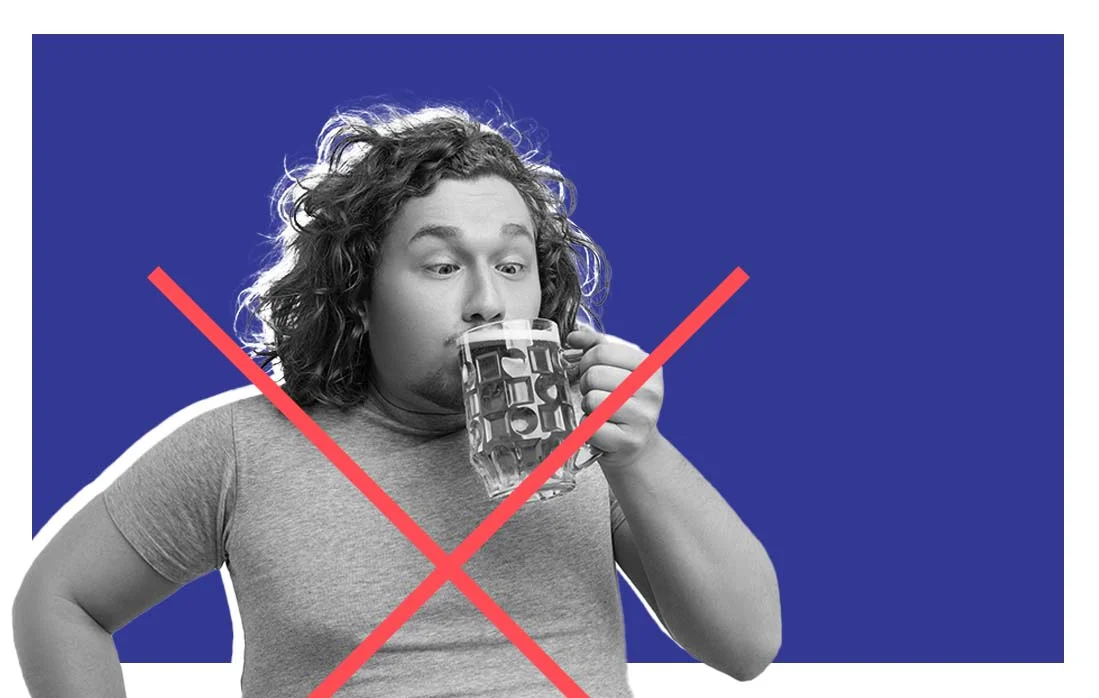
Bedtime Routine – Relax & Wind Down
When it’s getting close to bedtime, it’s important to focus on winding down. Dr. Wells says this can be achieved by taking a warm bath, reading a book, meditating, or any other activity that brings you peace. She says working toward high-quality sleep should be top of mind.
“That’s the key — we have to make sleep a priority. If we don’t make it a priority, then we’re going to have major health issues down the road.”
Seek Professional Help
If you don’t notice a difference in your sleep pattern after incorporating and experimenting with some of the above changes after a few weeks, then it may be time to seek help.
“If it’s a pattern and you’re consistently not getting enough sleep, then that’s when you should go see your doctor,” says Dr. Wells. “Everyone will have a one off, it happens to the best of us, but if it’s happening all the time, multiple days out of the week, then that’s definitely time to visit your doctor.”
Sleep disorders are extremely common. Dr. Wells says research shows that one in three people in the U.S. have an underlying sleep disorder. The good news? She also says they’re very treatable. So if you do feel you’re constantly experiencing insomnia, tossing and turning, snoring, or a different sleep disruption, don’t be afraid to get help. Once you get treatment for it, you will most likely be very happy you did.
“Sleep is important for survival. We cannot survive without sleep,” says Dr. Wells.


























